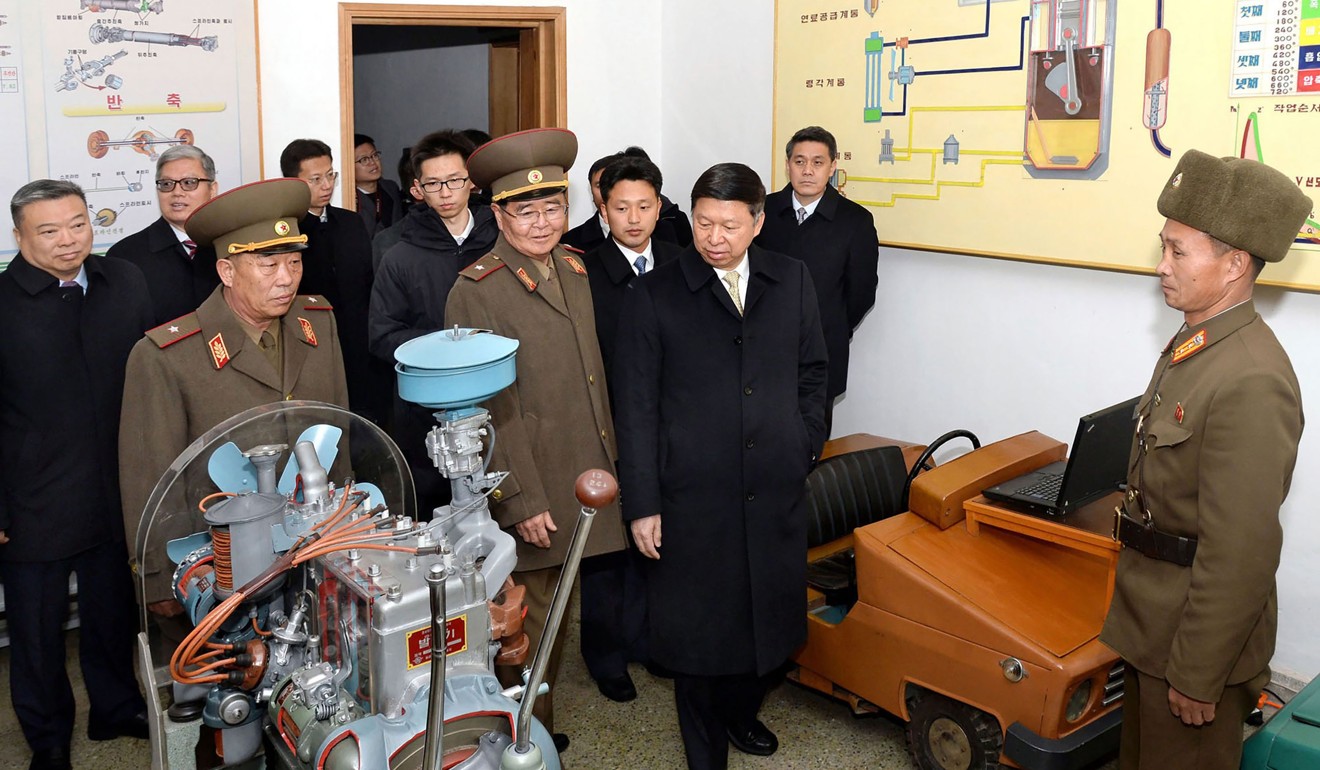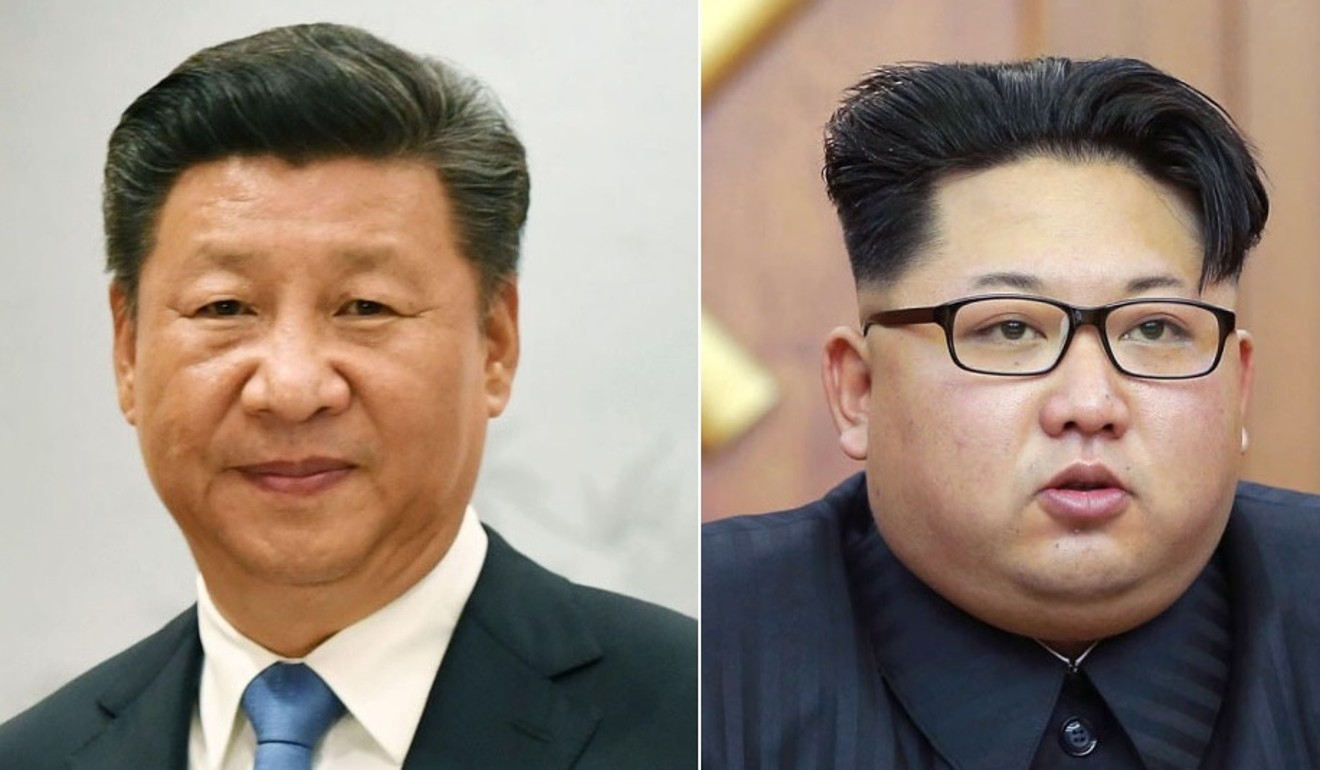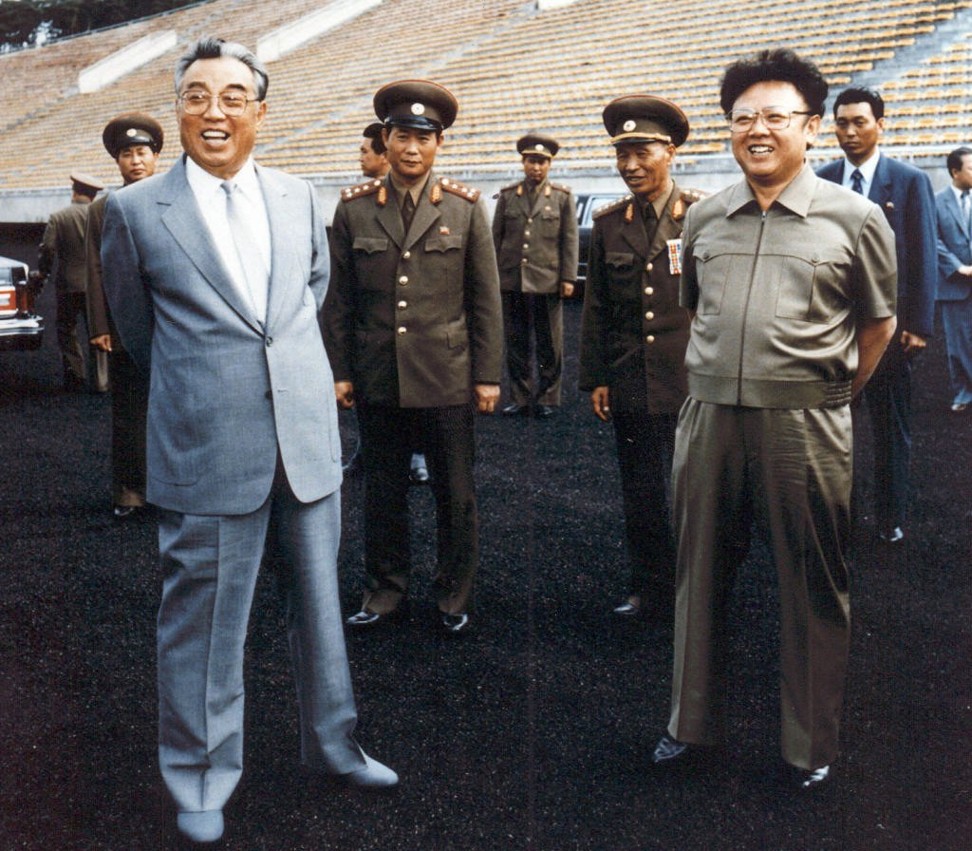
North Korean leader Kim Jong-un is to blame for the deterioration of Sino-North Korean relations by abandoning the denuclearisation commitments made by his father and grandfather, a former Chinese diplomat in charge of Korean affairs said yesterday.
Yang Xiyu, who was in charge of Korean peninsula affairs at China’s foreign ministry from 2004-05, and also involved in the stalled six-nation nuclear talks, told the South China Morning Post that Beijing would never accept North Korea as a nuclear power and that Pyongyang’s recent diplomatic slur had been humiliating for China.
He was referring to the visit to Pyongyang of Song Tao, President Xi Jinping’s special envoy, who was refused a meeting with Kim while on a four-day visit to North Korea last month.
“Communications between China and North Korea have experienced a setback. It was a humiliation [that Song was not received by Kim],” Yang said.
“The deterioration of bilateral ties is rooted in the widening divergence on the nuclear issue. It is because North Korea changed, not China,” he said.
During his trip to Pyongyang, Song met with Kim’s right-hand man Choe Ryong-hae, and according to state media reports, briefed him on the outcome of China’s Communist Party congress in October. The two sides also pledged to continue to promote Sino-North Korea ties.

The problem, however, was that the once shared goal of China and North Korea to denuclearise the Korean peninsula had been shattered because Kim reneged on the commitments made by his father Kim Jong-il and grandfather Kim Il-sung, Yang said.
“Now, China and North Korea do not have a shared position on the nuclear issue, because North Korea’s current leaders have completely abandoned Kim Il-sung’s initiative,” he said.
Pyongyang’s repeated nuclear and missile tests – with the latest apparently showing North Korea’s ability to land a warhead on the mainland United States – have seen tensions soar across the region and around the world.
In response, China has endorsed United Nations Security Council sanctions against its restive neighbour, including stopping coal imports, and cutting exports of energy and commodities, which are believed crucial to Pyongyang’s nuclear ambitions.
A clear sign that the situation was worsening came when China’s state-run Jilin Daily ran a full-page article recently telling people what to do in the event of a nuclear attack.

No comments:
Post a Comment